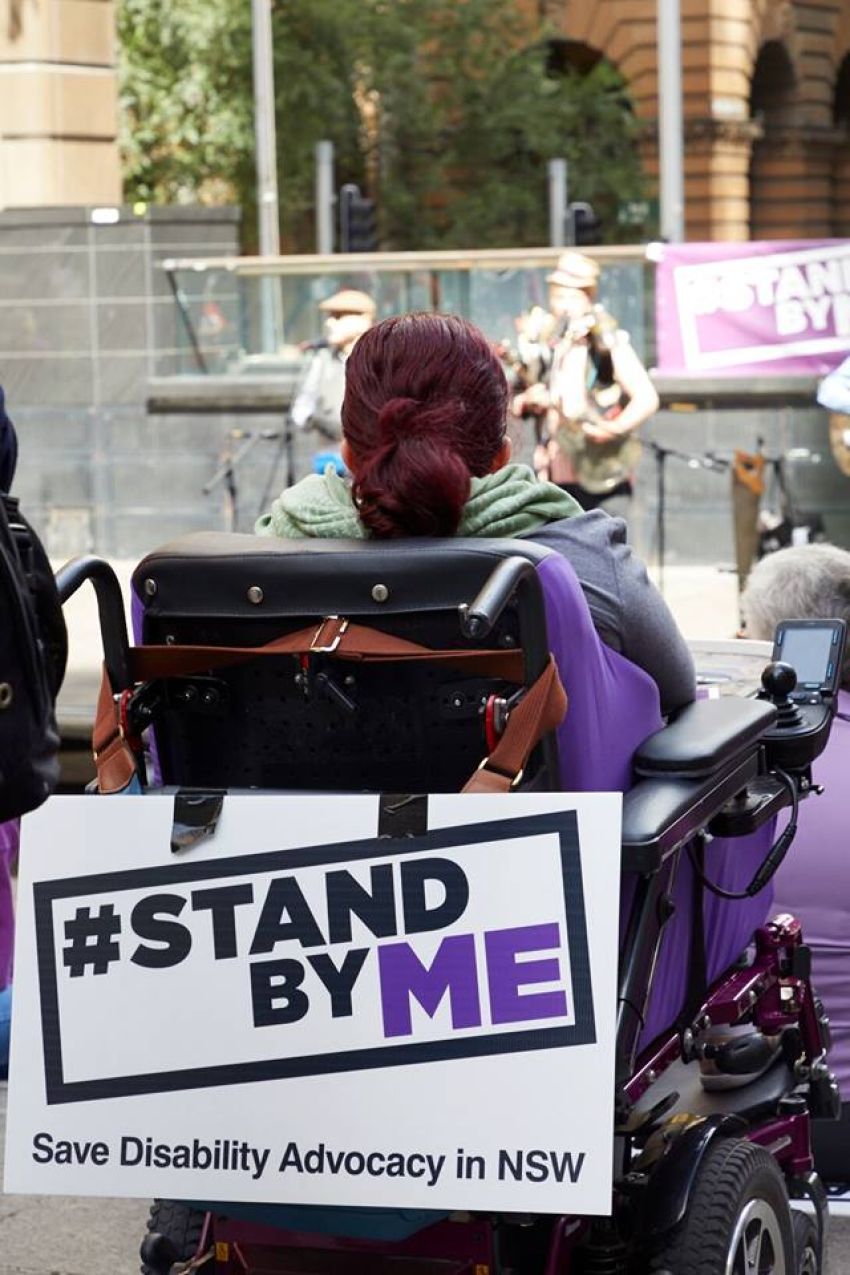
The federal Coalition government announced a planned budget surplus for 2019-20 on April 2. Disgracefully, again, one of the most important areas of “savings” was the National Disability Insurance Scheme (NDIS).
The planned surplus relies on “a $3 billion underspend in the National Disability Insurance Scheme, after a $3.4 billion underspend in the current financial year,” according to the ABC’s Laura Tingle.
This comes on top of a $4 billion saving in government’s allocation of NDIS funds in 2017-18.
Over three years, the total “underspend” on NDIS is predicted to exceed $10.4 billion. This is more than the $7.1 billion surplus the government projects for 2019-20 by a huge 46%.
Tingle said: “While some disability advocates say that a tightening up of definitions of conditions has seen people lose packages, the overwhelming problem remains that there are huge bottlenecks caused both by major problems in the NDIS’ internal systems, and by problems in the supply of services at [a] time when the disability services market is being transformed by the arrival of the NDIS.”
Co-CEO of People with a Disability (PWD) Australia Matthew Boudin told ABC radio show PM on April 3: “It cannot be used by this government to prop up areas of the budget. This money has been hard fought for. It has been provided by the taxpayer for people with disabilities.”
Boudin told PM that PWD had received numerous calls from people either denied access to NDIS or else having their plan substantially reduced in the second and subsequent year of participation for no apparent reason.
“We’ve been told it’s all about sustainability of the scheme,” he said. “But then we get to a budget situation and there is an underspend in the billions, we’re appalled; it just doesn’t make sense”.
The message it sends to the disability community is that “we don’t matter”, Boudin said.
Stories of NDIS underpayments, bureaucratic mismanagement and outright hard-heartedness are becoming increasingly common.
The February 20 episode of the ABC comedy series Get Krack!n featured a skit in which the minister of social services — played by comedian Adam Hills, an amputee himself — announced that the government had underestimated how many disabled people there are.
Hills “announced” that the government was shutting down NDIS and replacing it with the “non-disability insurance scheme”, whose slogan is “fend for yourself”.
As in all good comedy, often the funniest gags are those which are closest to the truth.
Anecdotal evidence suggests that NDIS has left people with a disability waiting many months, or longer, for crucial home modifications (accessible bathrooms for instance) or wheelchairs, or, in my own situation, even something as basic as prosthetic legs.
Delayed funding means a saving to the government’s annual budget. Withdrawn funding, or assistive technology which is refused, is a permanent “saving”.
In Question Time on April 3, the federal shadow social services spokesperson Linda Burney asked Prime Minister Scott Morrison whether it is “a moral failure to build an election surplus [by] starving the National Disability Insurance Scheme of money, leaving Australians with a disability without the services they need?”
While Morrison denied the charge, the evidence to the contrary is clear.
Nevertheless, Labor has not promised to return the $10.4 billion taken from NDIS by the Coalition.
In his budget reply on April 4, Labor leader Bill Shorten promised only to “uncap” funding for permanent staff within NDIS, which has been Labor policy since its national conference in 2018.
While uncapping permanent positions within NDIS will hopefully reduce systemic bottlenecks, it will not guarantee the support that people with a disability require.
People with a disability and their supporters should feel rightly let down by both parties of government in relation to disability funding.
The Australian Greens’ platform includes support for “Accessible Australia”, including fully funding the NDIS. Greens Senator Jordan Steele-John has been a tireless advocate for people with a disability.
Socialists, including the Socialist Alliance, advocate that NDIS be fully funded to support all those with a disability.
However, to do that would mean that the system of disability funding has to be fundamentally reorganised and democratised.
Funding support for those with a disability should not be at the whim of faceless bureaucrats, nor subject to market forces.
Funding should be provided on an as-needs basis and the management of disability support fundamentally democratised invested under the control of people with a disability themselves.
[Graham Matthews is a member of the Socialist Alliance.]